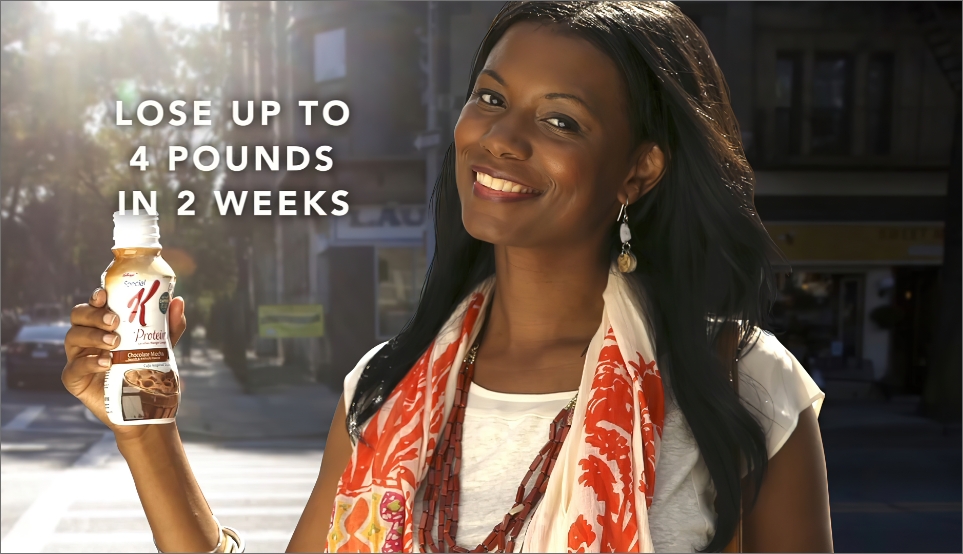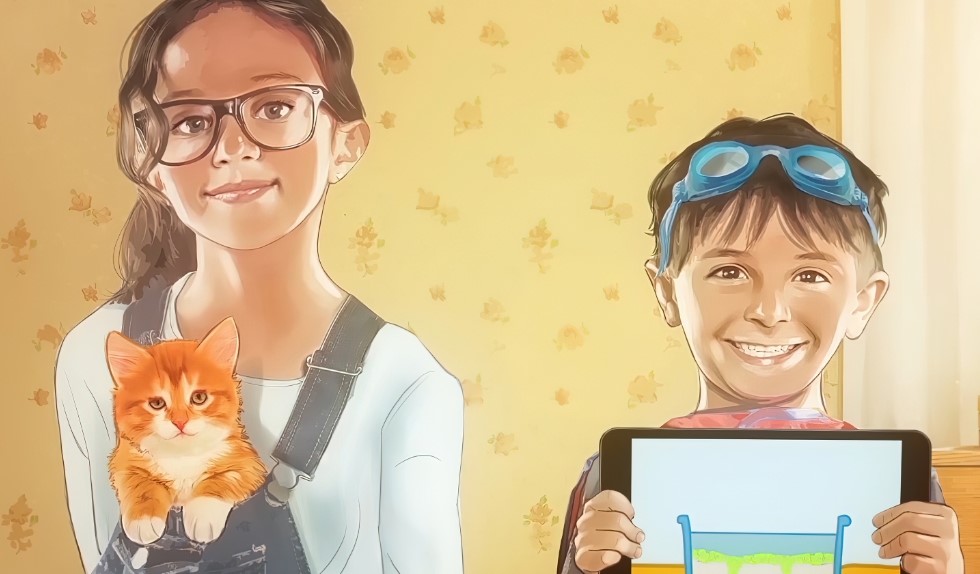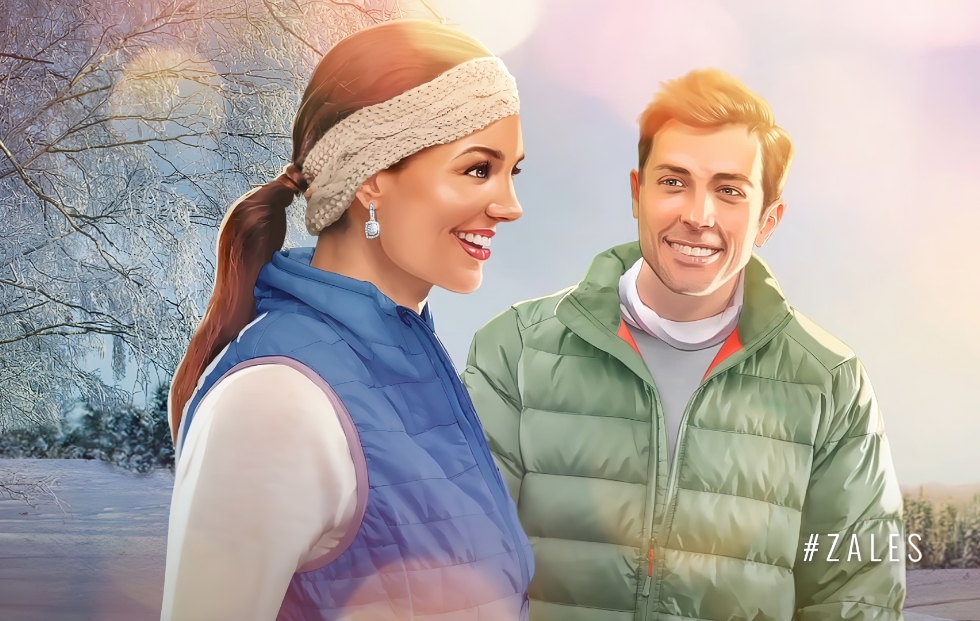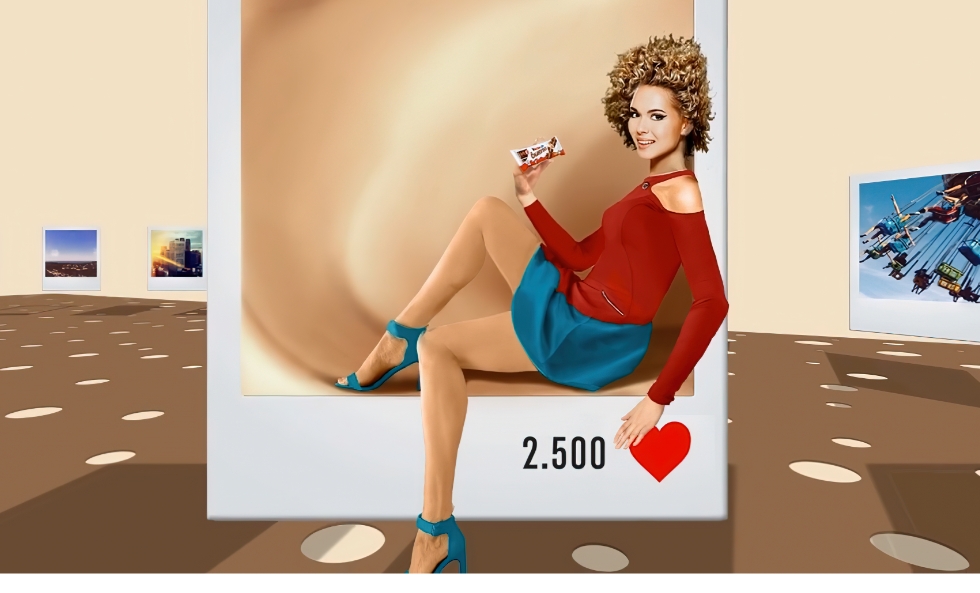What is a photomatic?
A photomatic is a series of photographs edited together in a video combined with voice-over, sound effects and an audio track. Photomatics are often created for clients to accurately convey the finished look style and feel of a script in a video format. A director or photographer will shoot photomatic frames based on a storyboard, moodboard or shot list.
Actors are often shot with DSLR cameras on green screen and composited with After Effects into 3D rendered backgrounds or matte paintings. Once composited, some video frames are often painted over to produce studio-quality cinematic or stylized effects.
Each photograph is shot considering styling, expression, production design, spatial connections, scene staging, depth of frame, camera angles and point of view, all with the emphasis of telling a captivating story from the script.
An editor will then take the photographs and using limited camera animation of pans, zooms, dissolves place the photographs in a timeline accompanied with an audio track that provides the pacing. A photomatic could be considered a customized mood film or animated mood board.
The finished photomatic edit helps clients and brands to effectively evaluate the creative and brand impact of script in various ad-testing market research platforms.
Photomatic explained vs. boardomatic, animatic, mood film, stealomatic, ripomatic & videomatic
When visualizing a story or script to pitch to clients- producers will often start first by taking film clip snippets from existing online video sources and have them edited into a video. These videos may be called the following; however they mean the same thing:
Mood film
Stealomatic
Ripomatic
Videomatic
When a producer has a unique story or concept where they can’t appropriate existing clips they will often turn to a storyboard artist that can create bespoke imagery (storyboard frames, Photo manipulations) to accurately convey the style or feel of the script. The resulting series of images or storyboard frames edited together in a video is called a boardomatic.
Boardomatics lack animation. To provide a fuller sense of what the finished video will look like, it may be decided another level of movement may be required. To illustrate how the story will flow in motion— an animatic may be required. In an animatic, characters, props and backgrounds from the storyboard frames are cut-out in Photoshop and brought to life in animation using After Effects.
The next-level technique after animatics are 3D cinematics, photomatics and live-test videos. Photomatics involved the same production process as animatics however storyboard frames aren’t drawn, they are based on photographs. Actors are shot on green screen, composited with photographic backgrounds and brought to life in animation using After Effects.
Photomatics aren’t always necessary, but they do provide a more cinematic and photo realistic look of the finished video for clients that may be put off by the look of illustrated animatics.
What is the cost of a photomatic?
Photomatics and live-test videos are the same process as any photoshoot. Key variables that can dramatically effect costs are the following:
Casting
Actors ( union, or non
Wardrobe, prop & styling
Photographer or Directors fee
Studio or location
Sound
Rush fee for fast
Editing, Post
Visual effects such as liquids, crowd scenes, etc
Photomatic vs. animatic-which is better?
Results from both qualitative and quantitative advertising ad- testing firms show there isn’t enough data in testing results to say whether photomatics score higher than animatics.
In our experience, the following story ideas best conveyed in photomatic medium:
Expressions
Celebrity likeness
Fashion/beauty
Cinematic
6 amazing photomatic samples you need to see
Choose the best medium to tell your story
In the end, select a medium that best tells your story and represents the style or feel of the finished video. Work with an experienced full-service animatic studio that listens and understands your creative brief. While there are cost considerations and requirements to interpret results, telling the best story that fits your advertising objectives provide the greatest







